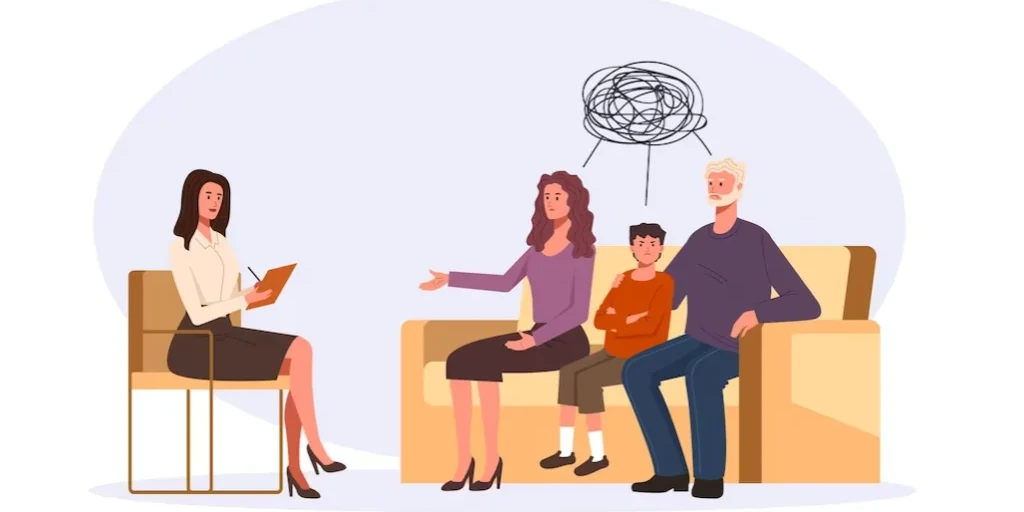24/7 Helpline:
(866) 899-221924/7 Helpline:
(866) 899-2219
Learn more about Intensive Outpatient Program centers in Lafayette County
Intensive Outpatient Program in Other Counties

Other Insurance Options

Meritain

Group Health Incorporated

Oxford

AllWell

American Behavioral

ComPsych

Magellan Health

WellPoint

Health Partners

Coventry Health Care

Lucent

Excellus

Holman Group

United Health Care

Providence

Multiplan

UMR

Optum

PHCS Network

Choice Care Network

Whispering Oaks Lodge
Whispering Oaks Lodge is a residential substance use disorder treatment facility treating drug addic...
































































MMO Behavioral Health Systems
MMO Behavioral Health Systems is a private rehab located in Duson, Louisiana. MMO Behavioral Health ...

Creek Nation Behavioral Health and Substance Abuse
Creek Nation Behavioral Health and Substance Abuse is a private rehab located in Broussard, Louisian...

Muscogee Creek Nation Behavioral Health
Muscogee Creek Nation Behavioral Health is a private rehab located in Broussard, Louisiana. Muscogee...

Eason Courts
Eason Courts is a private rehab located in Youngsville, North Carolina. Eason Courts specializes in ...
Beacon Light Behavioral Health – Youngsville
Beacon Light Behavioral Health – Youngsville is a private rehab located in Youngsville, Pennsylvania...























































